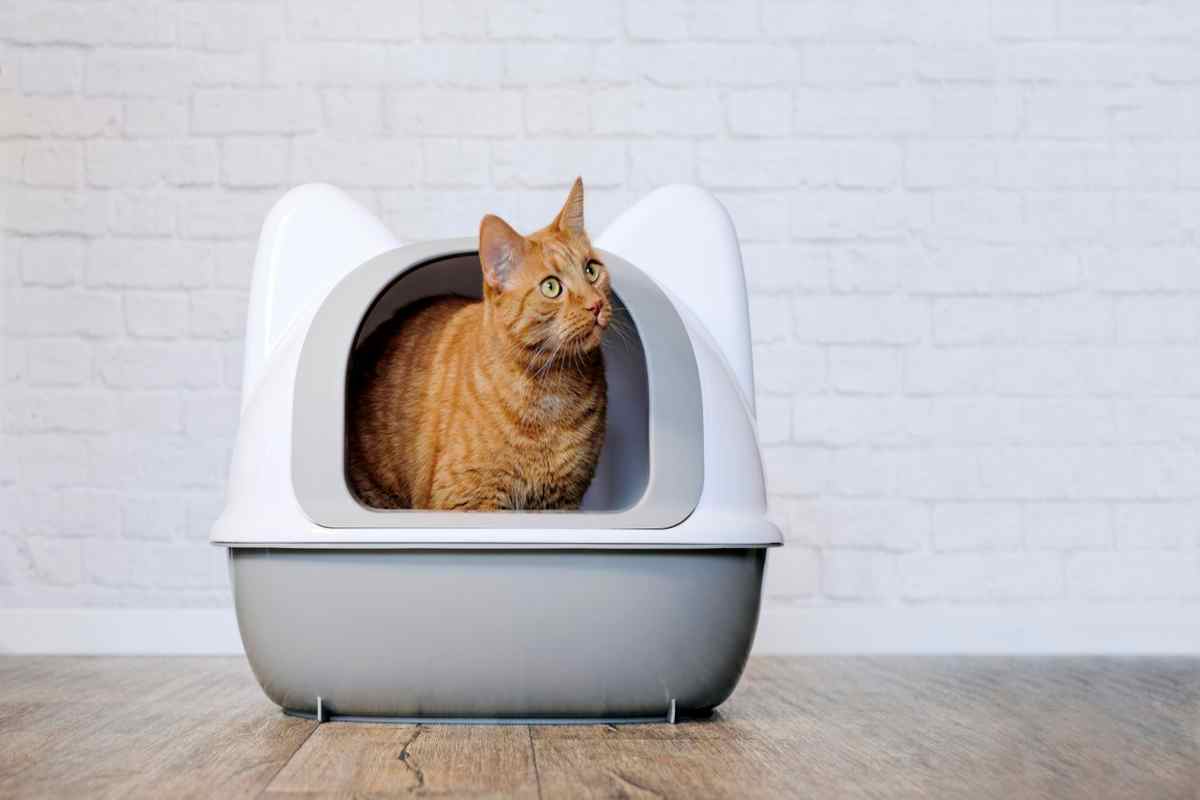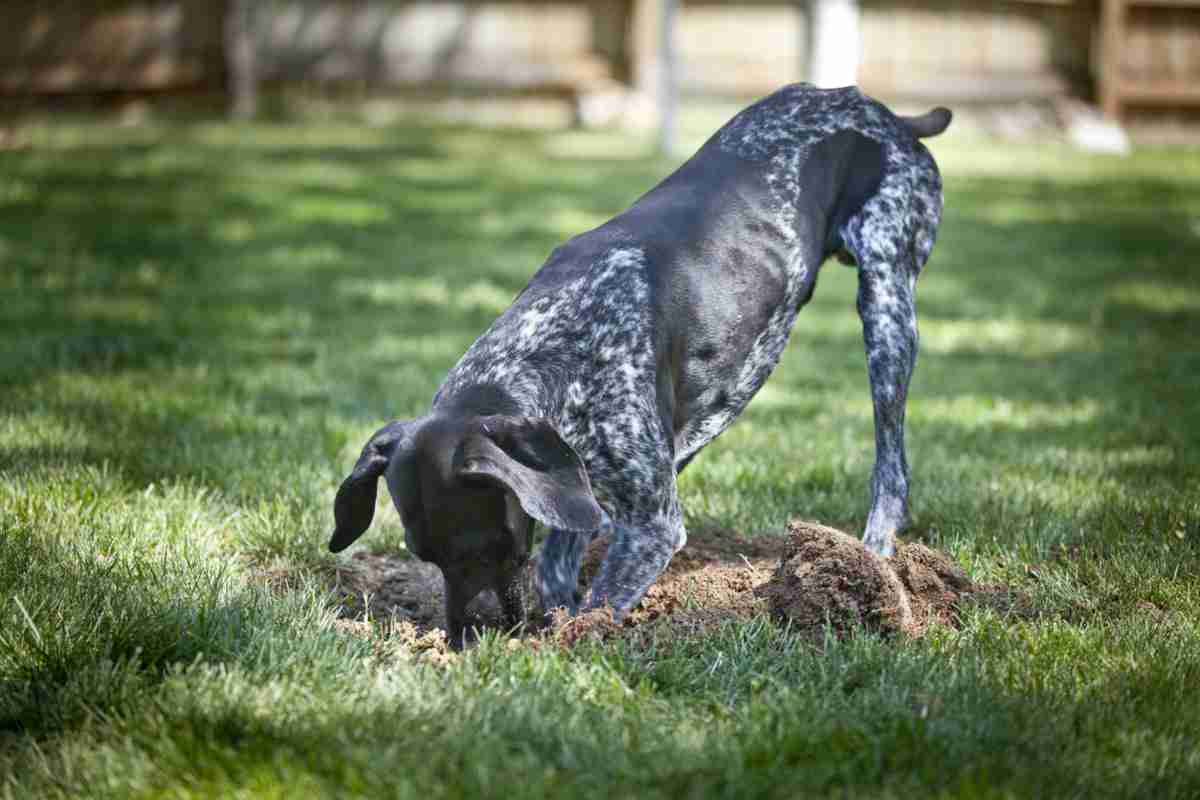Whatever your pet's bad habits, animal behaviourist Dr Kate Mornement has seen – and solved – it all. We asked her some of your questions.
Q: What is the best way to stop a dog jumping up?
A: Behaviour is driven by consequences, which means that dogs repeat behaviours that pay off for them. Jumping up is a common problem, despite us telling them off and pushing them away – because being told off, or pushed, is reinforcing the jumping-up behaviour.
To teach your dog not to jump up, you must completely ignore him. Turn your back, cross your arms and pretend he's not there. More importantly, as soon as he stops jumping up (and has four paws on the floor) immediately turn to him and give him attention. You can also ask him to 'sit' for the attention and pats.
When you first start using this approach, the dog will typically jump up again when you give him attention. Repeat the above steps so the immediate consequence for jumping up is that your dog is ignored. With time, repetition and consistency, your dog will learn that sitting (or not jumping) gets him the attention he wants.
Q: Why won't my cat use the litter tray? She's an adult cat who has used her litter tray for years – but now she's started toileting around the house. Help!
A: Sudden refusal to toilet in the litter tray can be caused by a medical issue, such as a urinary tract infection (UTI) or bladder infection, so it's important to take your cat to the vet to either treat or rule out a physical cause.
If the vet determines the issue to be behavioural, then it can be treated as such. Cats typically stop using their litter tray due to stress, anxiety, fear or territorial behaviour. Try to determine the cause and alleviate any stress, anxiety or fear your cat may be experiencing.
Next, thoroughly clean all previous stains with an enzymatic cleaner specifically formulated for cat urine. Offer your cat some additional litter trays in other locations of the home, as sometimes they avoid their tray due to a negative association with the location (for example, next to a loud washing machine). Finally, use high-value treats to reward your cat every time you catch her using the tray. This will make her more likely to repeat the behaviour in future.

Cats typically stop using their litter tray due to stress, anxiety, fear or territorial behaviour.
Q: My dog is always barking at other dogs. Is there a way to train him to ignore other dogs on walks?
A: When a dog doesn't like meeting unfamiliar dogs it's because they cause them fear and anxiety. To help your dog overcome their fear we recommend a combination of desensitisation and counter-conditioning to unfamiliar dogs.
This involves gradual exposure to other dogs, starting at a distance where your dog remains relatively calm, and pairing other dogs in the environment with something your dog loves. Pieces of cooked chicken or hotdog work well. Every time your dog looks at another dog, they get chicken.
Keep the exposure brief and positive (lots of treats) and then decrease the distance between your dog and the 'scary' dog. Repeat this process and gradually get closer to other dogs, but only if your dog is remaining calm and eating the treats. Over time and with repetition your dog should learn that other dogs predict good things, and they should be less fearful.

Digging is a normal behaviour, so dogs need an appropriate outlet.
Q: How do I stop my dog from digging in the garden?
A: As digging is a normal behaviour, dogs need an appropriate outlet, such as a designated area in the garden where they're allowed to dig. A child's sandpit just for your dog can work well.
Remembering that dogs repeat behaviours that have desired consequences, it's important to make it very reinforcing (rewarding) for your dog to dig in that area. This can be achieved by hiding high-value treats or toys for your dog to find in the designated area. Also, be sure to praise and pat your dog for digging there.
Over time and with repetition your dog will develop a preference for digging in that area because of all the positive association.







